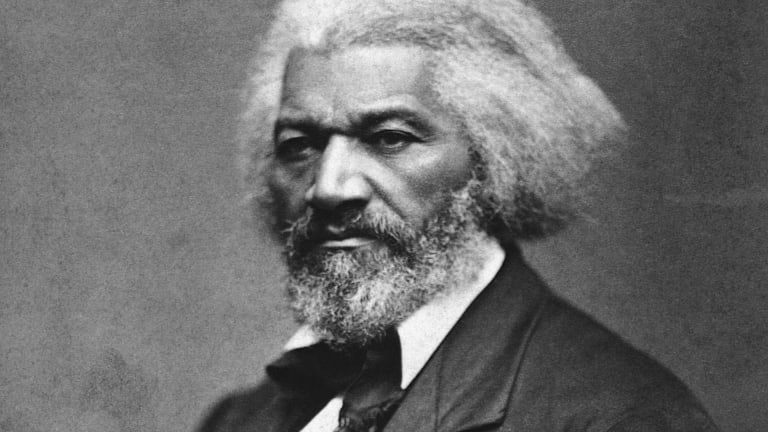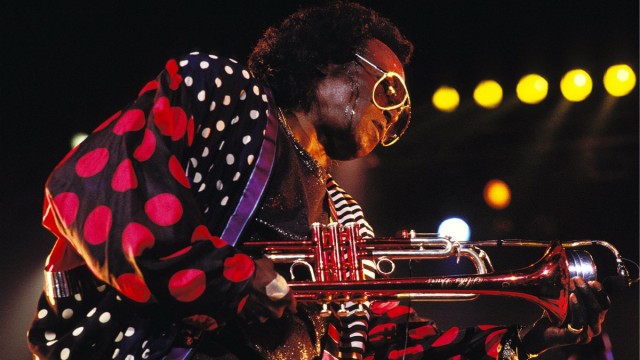Tubman and Douglass: Opposites sparked freedom
As Blacks fought for freedom, two people took opposite approaches.
Harriet Tubman was almost invisible. A tiny person, rarely photographed, she slipped in and out of the South as a spy, a scout and, especially, a master of the underground railroad.
Frederick Douglass (shown here) was the opposite, a man of many words and images. “He wrote so much and he spoke so much and there were so many great speeches,” filmmaker Stanley Nelson said.
Now Nelson – an Oscar-nominee and two-time Emmy-winner – has made films about both people. “Harriet Tubman: Visions of Freedom” and “Becoming Frederick Douglass” will be at 10 p.m. Tuesdays (Oct. 4 and 11, respectively) on PBS and then online. They follow 9 p.m. episodes of Henry Louis Gates’ “Making Black America” — an amiable look at clubs, institutions and traditions, continuing through Oct. 25. Read more…

